Interview: Lo Moda (w/ Scott Braid, Raili Haimila, Gillian Quinn, Peter Quinn, Christian Sturgis, Antony West)
Audio clip: Adobe Flash Player (version 9 or above) is required to play this audio clip. Download the latest version here. You also need to have JavaScript enabled in your browser.
Lo Moda are a rarity around these parts. An unrelenting entity of intensity, something more unique, more thoughtful and ruminative, than the vast majority of other artists currently operating in our regional sphere.
Their music is truly emblematic of the futility of standard genre classification in modern music, as your brain contorts itself reaching for synonymous elements here and noting parallels there, struggling to find the precise verbiage to describe something that at its core, can only speak for itself. It’s about the alchemy of artists coming together and organically creating, the push-and-pull of each individual settling into an equilibrium not unlike sediment gently falling onto the ocean floor.
The members of Lo Moda cover a wide range of ages, but their artistic maturity is matched perfectly. Their minimal sound is one of the most enrapturing I’ve ever come across. It would be a mistake to miss their show tonight at the WindUp Space. They are celebrating the pending release of their latest album, Replica Watches along with Thrust Lab, and Miracles. Thank Peter Quinn and the rest of the band for generously sharing the track “Anonymous Cats” (above) exclusively with us at Aural States.
I took some time earlier this week to visit the Quinn residence and chat with Lo Moda in a free-for-all interview.
Aural States: How did Lo Moda come about?
Peter Quinn: I asked a bunch of friends to join me on a journey.
Raili Haimila: You were working at the Zodiac or Club Charles.
PQ: And I don’t know how we got talking about it, but Raili said she played viola and I thought “hey that’s interesting.” I had made some music on my own. What did I say to you when I gave it to you?
Christian Sturgis: You said listen to it, see what you think and if you want to start playing, we’ll take these ideas and go with them. And then it kind of organically formed.
AS: When did the whole process start?
PQ: 2005, early.
RH: January was the first show.
Gillian Quinn: Christian, Peter and Scott have known each other a long time.
CS: Peter had this lengthy CD. 13 or 14 ideas, sketches and finished songs. We tried to duplicate them and some of them winded up morphing…
PQ: The only one that really maintained was “Taking Over.”
AS: Were these tracks from previous iterations of Lo Moda or…
PQ: No, I was in Candy Machine and Ink. When I stopped doing Ink, I had free Pro Tools. Then I got a new Mac and Garage Band seemed to do fine for me. I was just editing on Garage Band and came up with these really simple, linear pieces. I then asked these guys if they liked it, and told them these were the kinds of things I was interested in playing.
RH:You said if you don’t mind doing long drones…
PQ: And if you mind playing it for over four minutes, you probably don’t want to join this band.
AS: So what were these early tracks like and what were your reactions to them?
RH: They were enough to get me in the door.
PQ: They were probably pretty rudimentary. I don’t know how to play anything.
GQ: No I think that had quite a few different layers to them.
RH: It was good but it was on the computer so…
PQ: Actually there was played bass and guitar in there. But a couple of the songs made it onto Gospel Store Front in some form. But they all ended up growing in one way or another because of the people playing them.
AS: So you used the concepts as a recruiting tool? It wasn’t really intended to map out the sound?
PQ: Yeah! We were working on our recruitment tools and our brand tools.
AS: So you just kind of assembled a motley crew…you weren’t necessarily seeking a viola per se.
PQ: Yeah, it wasn’t necessarily what they had done…it was who they were. Because I thought it would be interesting to work with them. And that’s the same feeling, the way the band is now.
AS: Did you struggle at all with the line up or has it been fairly static?
GQ: Scott came in two weeks before our first show…because the person we had at the time didn’t want to play a show so early.
CS: Yeah, no one really worked out drumming early on.
PQ: We wanted an artist who played drums and we kept trying out drummers. I think they were too into being drummers
GQ: We had a show approaching really fast and Scott stepped up to the plate.
CS: We had a previous bass player and Antony came in about a year ago.
PQ: And that’s working out swimmingly.
AS: Lo Moda’s sound is pretty unique, to put it mildly, especially in the context of everything else going on in Baltimore.
*group laughter*
PQ: I was talking to Jess Harvell (City Paper) the other night and he was asking “so do you think your music fits in to the scene?”
AS: I think you can come at that from a number of directions. Do you define “in” as going with the crowd or fleshing out a piece that might not be there.
PQ: I don’t think it’s the local scene we’re reacting to.
Antony West: As the 1 year veteran, I think the sound is natural to the players. We don’t, in any way, try to fit into any genre or scene. It just naturally happens. And it’s good.
RH: My question is, what scene would we actually fit in? That we would actually be a part of.
CS: I think we match up well with other bands that we play with…
RH: But I still can’t define it though. That’s the problem. When I talk to people and say “Oh I’m in a band,” they ask “What kind of music?” Let me tell you what the instruments are, and you can imagine what it sounds like or…buy the album?
PQ: But if you can classify it like that, I think that it would already be passe. You know, like post-90′s electroshock.
RH: It’s definitely alternative, but mixed in with something else.
CS: I think we do some 70′s psychedelic, kraut-rock-esque type of stuff.
AS: But then you’re already approaching my restriction on my own writing that if I have to use more than 4 genres, I don’t classify it.
GQ: I think we’re in the same place.
AS: Do you go out to shows fairly regularly? I’ve seen you (Peter) a few times in the past month or so.
PQ: You’ve seen me every time. *laughs* We used to go out to shows all the time. But we have twins sleeping upstairs so, that explains it. If I get out, it’s without Gillian.
AW: I think we all used to go out to shows a lot. I’d been working sound at Ottobar until recently and saw a lot of shows. 90% of them were terrible. So I’m kind of taking a hiatus from going to shows right now.
CS: Most of us are veterans of shows. And it’s tapered off. I’ve seen thousands and thousands of shows…
PQ: And plus, you have to pace yourself. The older you get, the more willing you are to enjoy your creative time…and time in general.
GQ: It’s more precious.
Scott Braid: Cuz it’s running out.
AS: Do you really reflect on the rising prominence of Baltimore, how it is almost becoming a brand?
PQ: I follow it.
AW: We appreciate it. Especially Christian, Peter and I because we were in bands all through the 90′s and there were great bands here in the 90′s. And never got recognition for anything. We’re glad now that Baltimore is getting recognition.
PQ: And we think the bands that are doing it should get recognition.
AW: Though really guys like us, from the 90′s, should get ALL the recognition. *laughs*
CS: That’s the other thing that’s great about the band though. Is that it’s so different from what we’d done previously. It was a welcome relief for us, and the excitement for us to continue is the difference between our aesthetic and style, with or against what is happening now.
PQ: I also think a lot of our previous bands were a lot similar to what’s going on now. They were more about energy and conflict. That’s not really what this band’s about. This band is about cooperation.
GQ: So we’re the next generation of what’s happening…
PQ: Well it’s either past or future. I’m not quite sure…
*laughter*
RH: Timeless.
AS: Like a walking, functioning, reasoning adult compared to a thrashing, tantrum-throwing child.
PQ: Yeah, or more like a walking adult who stops to look at the sun for five minutes and forgot what they were doing…
GQ: And just randomly pees.
PQ: In an oral interview, we’re portraying ourselves as “the old band.” See – I think we’re vital, but we’re not so eager to “make it.”
CS: I think we’re doing the same thing as many groups who are centered on conflict or aggression or bucking the system against the grain…it just wound up being a more subtle way of going through it. I mean, everyone has the same problems that they have to continue dealing with…
AS: How would you say the sound has evolved?
PQ: I think it was about gathering a bunch of people together who were interested in letting everyone else’s voice become part of a looping mechanism.
CS: A passionate accepting of other people.
PQ: It’s about allowing the music enough room to breath so we all contribute to something that’s moving forward.
AS: Was this vision of sound clear from day one or did something fuel its evolution?
Group: Wine.
PQ: I mean, we play fairly quietly up in the living room. Almost acoustically, someone would start out and we would just start slowly building. We pretty much write a song almost every practice. We’re actually working out how to record ourselves properly while we’re playing.
RH: There are only two songs where we struggled, and actually tried to do structure with. Tried to write. That’s something that doesn’t necessarily come naturally.
AS: So if everything goes as you describe, always starting sparsely and building…was there ever really a time where you encountered problems figuring out how the sound was going to fall together?
PQ: No, I mean there’s this gut feeling you can kind of lose if someone plays something faster or if you’re not in the right mind state.
GQ: I still find it amazing. But it took a while for me, at least, to get my confidence up. Having never been in a band, I don’t know about you (Raili), it took a while for me to get comfortable just playing around. Sometimes I still get really embarrassed.
PQ: Raili and Gillian had never been a part of a collaborative project like this before.
AS: Interesting. So the band’s sound grew very much as an internal kind of thing, born out of playing together, with very little external influences?
PQ: Well we all brought our own influences to the table.
GQ: Like Prince.
PQ: The only Scottish fan of Prince.
AS: So how did you go about recording Gospel Store Front?
PQ: Two of the songs were done here and we tweaked them. We went into J Robbins’ Magpie Cage.
CS: J is amazing and he was an integral part in us working in the studio.
PQ: He sang on some songs and played tambourine…on the latest record as well. He’s really a collaborator more than a producer.
AS: If you are saying that you build your songs in practice…when you go into the studio, how does that work?
PQ: Hopefully by that time we know them.
RH: We play a song, jam it out or whatever. Then we come back to it and flesh it out.
GQ: There is one song on the new album, “Independent Dance Party,” that we just made up in the recording studio.
CS: A lot of songs are based on each other’s parts. A lot of things are reactionary. I often follow Peter’s vocal phrasing. If it happens to change live, then it changes live.
AS: How do the vocals come into the picture?
AW: Peter’s amazing. The same way we can just play a jam, he can do that with vocals. And that becomes his vocal parts. It’s strange. The words too. It’s pretty amazing to me because I can’t just spew out vocal lines like that.
AS: I don’t think most people can.
PQ: I wouldn’t be able to do it on cue…like, I’m not a freestyle guy or anything. I won’t be at battles anytime soon. But if something inspires me, I’ll try to put something on it. And hopefully try to put that on tape or remember it…so that I can return to it.
AS: Can you give us any more insight into this miraculous conjuring of vocals?
SB: He throws down a smoke capsule.
AS: So in other words, he’s the vocal Batman?
GQ: Exactly he wears a big V on his chest.
AS: When you’re listening to a song being built, being played…how do you arrive at or assign a meaning to it?
PQ: It comes with what’s implied by the tone of the music. I see music like a cinematographer. It translates to vocals for me, like it does for them to visuals. If they’re playing something, I’ll sometimes go to the next room and come back in and it has a very specific implication to me. I think that’s why a lot of our songs go in different kinds of tones. Some are very celebratory and some are kind of sombre.
RH: I think that’s part of the whole process of how we do it. Everyone listens to it and thinks what’s missing from this and what do I hear that I’m supposed to add to it. You’re listening to the harmonics or whatever, that are lacking and you want to add to, and you supply that. We all listen…it’s a good thing.
PQ: I didn’t hear that…
*laughter*
CS: After we develop a song, they get very regimented and don’t change hardly at all once we figure out how we want to do something.
PQ: We play them in an organic way and the structure of them is organic. But what’s happening in them, everyone’s part, is kind of locked in. It was a determined process for everyone to play as restrained as possible when we first started.
AS: In that respect, the minimalism is…
PQ: …very conscious.
AS: What drove you there?
GQ: That would be Peter.
RH: Basically it’s Lo Moda.
PQ: Yeah, it’s like Thelonious Monk. All of his playing implies the melody without actually playing the melody. He’s not going crazy, he’s playing in between the parts. That, for instance, is something that I’m interested in. Or dub music. I love dub, good dub of course. That kind of air, music that can hold together while maintaining the space, is a really important intention to keep.
I mean, what interested you (Antony) when you wanted to join the band? One of the main reasons Antony is in the band is because he wanted to join, not because we were seeking out people. We were sort of playing together without a bass player.
AW: Well you guys had given me the CD when you played at Talking Head while I was doing sound. It took me a week or two to listen to it…but when I did I couldn’t stop. I related to it because it reminded me of aesthetics that were similar to what I am interested in. Plus I’ve known you guys for so long that it felt like a good fit.
AS: Has the sound evolved at all on the latest release, Replica Watches?
PQ: This latest record is spanning a year and a half of material, actual recording. I think this album has a lot of melody that the other doesn’t have. A lot of actual songcraft. There are some dead on songs on this record.
AS: How does all this translate into the live shows? How do you approach them?
PQ: I think at this point, we all like to play with soundsystems. We talked about that; we’re not the type of band that can transcend a warehouse space, into an energy performance. It becomes something very different from what we want to achieve.
SB: And we cue from each other’s parts. If we can’t hear each other it becomes very difficult.
PQ: And we’re not playing really loud.
AW: I don’t think we’re out there to melt peoples faces, but maybe to melt their minds.
PQ: It’s interesting because there’s so much action music going on…music has become very performative, you know? Like let’s include everyone in this, more of a party kind of thing. I think we’re there to influence the way people feel, but I don’t think it’s about like “OK everyone surround us.”
There’s very distinct things going on in music trendwise, especially Baltimore. And I think they are all very valid. But it’s interesting to observe that music has become either a performative experience or it’s become about what’s being said or felt. It’s about energy versus the other thing. Energy’s not bad, it’s just not what we’re doing right now.
RH: That’s not what it’s all about for us.
AW: We have a different type of energy.
AS: An intensity…
AW: Exactly. Even if people aren’t moving, something in their brain is going. I mean, and some people move when they see us.
SB: There are people who enjoy our music who are 60 years old and 2 years old.
AW: We’re not aiming at any age group for listeners.
PQ: And I think it’s a mistake as an artist, in any medium, to gauge yourself against what’s going on in your local arena. That’s just stupid. Gauge yourself against everything you know.
AS: In the live show approach then, you would never really see yourselves just going into a show and having a jam.
GQ: No we always really consciosuly sit down and pick out a set list ahead of time. Think about what songs go best one after the other, that sort of thing. But songs can get longer or shorter, repeating elements…
AS: I guess that’s the power of having a lot of minimal, looping elements. The ability to expand or contract at will. When I saw you play with Wye Oak at the Creative Alliance, you were displaying Turkish Star Wars behind you. Was that your first time experimenting with audio-visual elements in your live show?
PQ: Well we played Alphaville at the Walters. It’s one of my favorite films. At the Creative Alliance, I think Natasha said “we have a projector available. did you want to do something?” So we talked about it, and figured out what to bring.
AS: Did you work up the set to match the film and cut and splice sections of the film to soundtrack?
PQ: No that was the entire film.
AS: That was linear?
PQ: Yeah! That’s the film. It’s like Dark Side of the Moon, a subconscious accident.
AW: I don’t think any of us even watched the movie or noticed it was back there.
CS: I knew there was something behind us.
PQ: There’s a few Turkish movies like Turkish Superman, Turkish Star Wars…they would just take footage from Star Wars and splice it into the plot. So it’d go from fighting zombies to space battleships…
GQ: First it’d be these really bad, hairy monsters and then they’d show the Death Star.
AS: Crazy. To circle back a bit, I know you don’t want to really compare yourselves to the things going on in Baltimore right now. But what are you really enjoying from the current high?
PQ: There’s a lot of people. I read all of them.
*laughter*
PQ: I love that Sarah Palin quote. Celebration, Double Dagger…I really enjoy Dan Deacon, Ponytail, Beach House.
AW: Leprechaun Catering is my favorite local band. Jason is a very good friend.
SB: I’d like to big up Dan Higgs.
AW: There’s so many people…I’m sure we’re forgetting people who we love. We’re all veterans of Baltimore.
PQ: I think there’s a high percentage of good stuff that’s going on here. There’s always a small percentage of stuff that you’re not going to consider good. There’s some stuff that I’m interested in as far as an art context, but not a music context. Some of these groups have aspects of their music, like ironic mockery, that I’m just not interested in. I tend to separate those two contexts (art and music).
AS: The last thing I wanted to touch on was your future plans, for the rest of the year and the future.
PQ: We have another record brewing. We probably have 4 or 5 things working for it.
AW: I hope by summer we can have it out.
PQ: If we had a backer that would be into releasing our songs…we could easily release 2 full lengths a year.
AS: Are you shopping around?
PQ: We’re putting feelers out. But we’re in the situation at this point that…if we haven’t established something, we’re not gonna wait. We’re going to put it out. Even if someone wants to put it out, I don’t want to wait a year and a half for that record to get out. I’ve been in that position before and it kills you, your creative momentum.
AS: Any other big goals?
GQ: Make good music.
PQ: Just to keep playing, maintaining songwriting, getting it out, documenting it.
Related posts
- Countdown to Whartscape 2009: T-1 Weekends | Lo Moda (Peter Quinn)[Audio clip: view full post to listen] MP3: Lo Moda...
- Live Review: Switchblade Slice of West Side Life- West Side Story @ the National Theatre (2008.12.17)[Audio clip: view full post to listen] MP3: West Side...
- Better late than never: Lo Moda @ the Ottobar (2008.07.25)[Audio clip: view full post to listen] MP3: Lo Moda...
- Photos / Review: Lo Moda, Miracles, Thrust Lab @ the Windup Space (2008.11.21)Photo credit: Greg Szeto Baltimore delivers another strong evening of...
- Preview: Golden West Festival aka the Golden Westival (2009.08.20-23)THE GOLDEN WEST CAFE FESTIVAL 2009 kicks off TONIGHT. 1105...



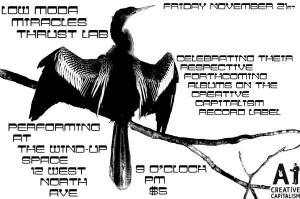


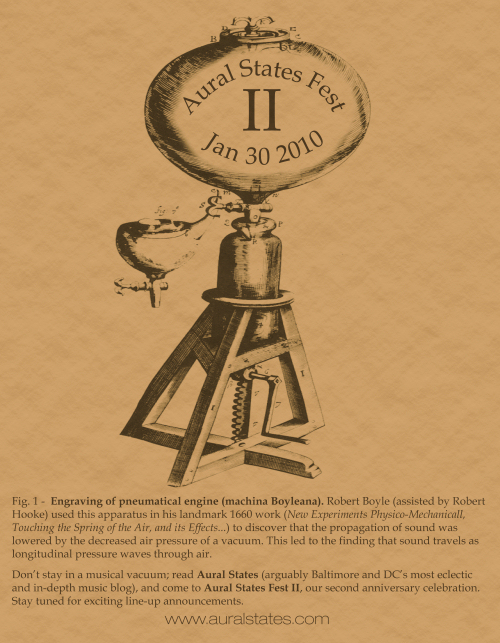
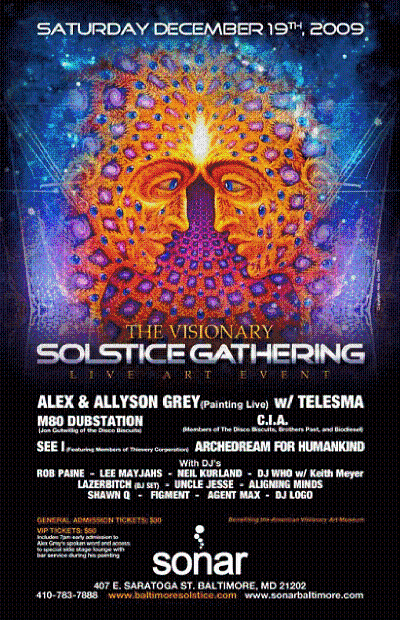









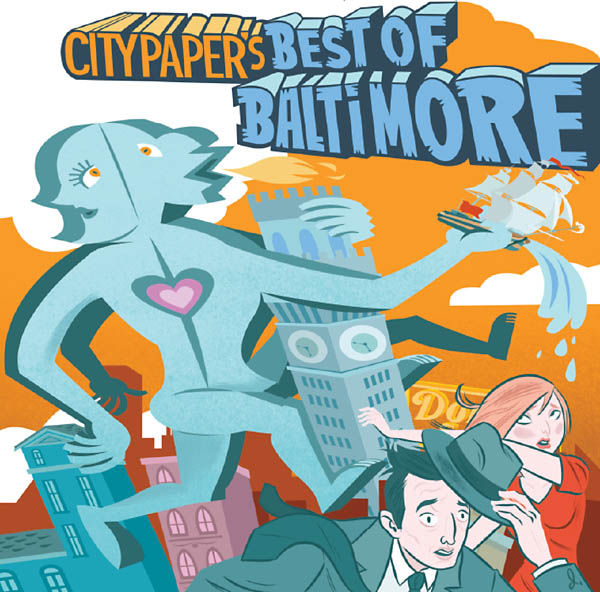
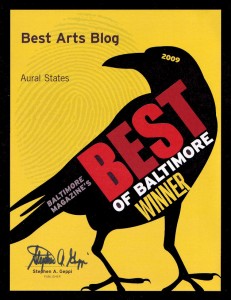


 Double Dagger: Masks EP
Double Dagger: Masks EP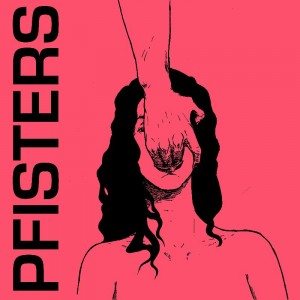 Pfisters: Narcicity
Pfisters: Narcicity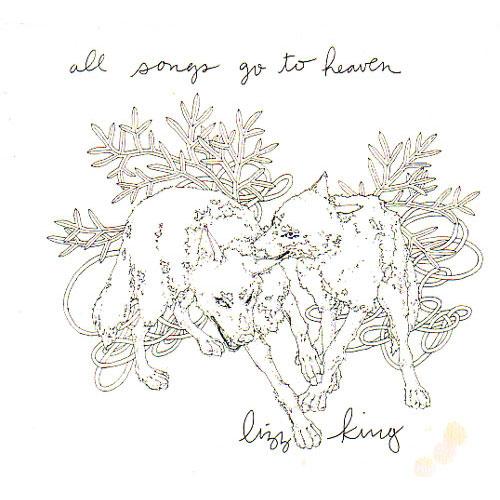 Lizz King: All Songs Go To Heaven
Lizz King: All Songs Go To Heaven Imperial China: Phosphenes
Imperial China: Phosphenes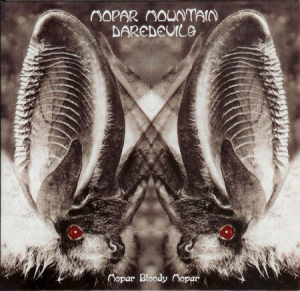 Mopar Mountain Daredevils: Mopar Bloody Mopar
Mopar Mountain Daredevils: Mopar Bloody Mopar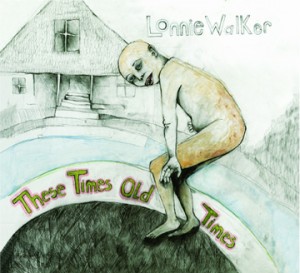 Lonnie Walker: These Times, Old Times
Lonnie Walker: These Times, Old Times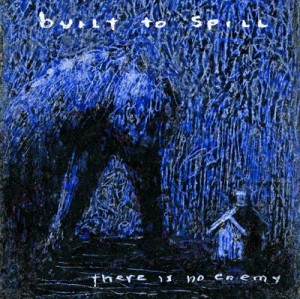 Built to Spill: There Is No Enemy
Built to Spill: There Is No Enemy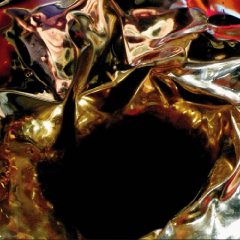 Hypnotic Brass Ensemble: Hypnotic Brass Ensemble
Hypnotic Brass Ensemble: Hypnotic Brass Ensemble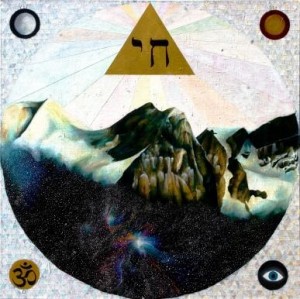 Secret Mountains: Kaddish EP
Secret Mountains: Kaddish EP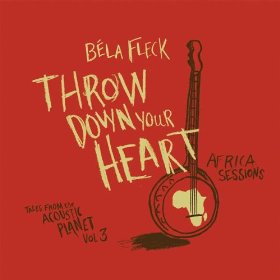 Bela Fleck: Throw Down Your Heart: Tales From the Acoustic Planet, Vol. 3 -Africa Sessions
Bela Fleck: Throw Down Your Heart: Tales From the Acoustic Planet, Vol. 3 -Africa Sessions Lands & Peoples: Lands & Peoples EP
Lands & Peoples: Lands & Peoples EP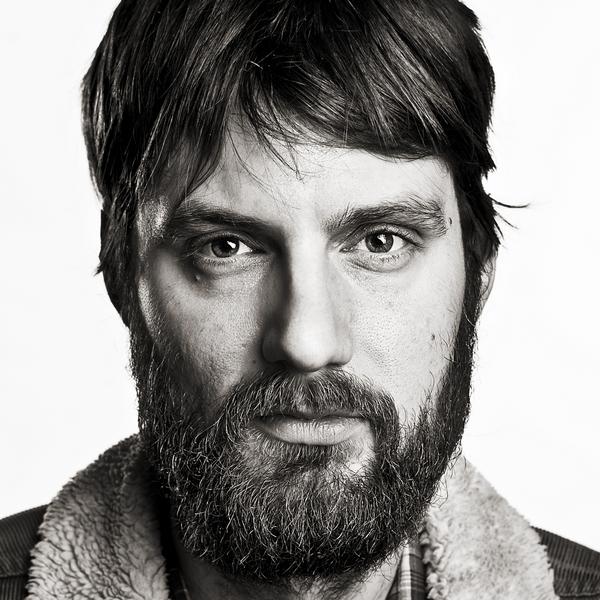 Caleb Stine: Eyes So Strong and Clean
Caleb Stine: Eyes So Strong and Clean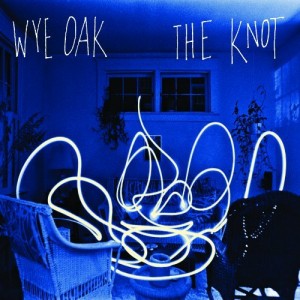 Wye Oak: The Knot
Wye Oak: The Knot Pontiak: Maker
Pontiak: Maker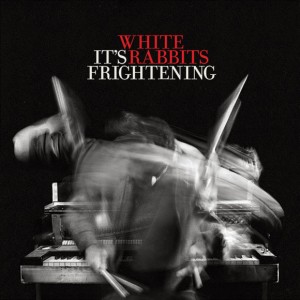 White Rabbits: It's Frightening
White Rabbits: It's Frightening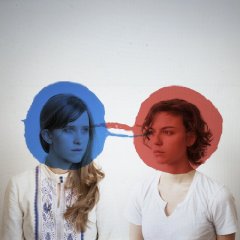 Dirty Projectors: Bitte Orca
Dirty Projectors: Bitte Orca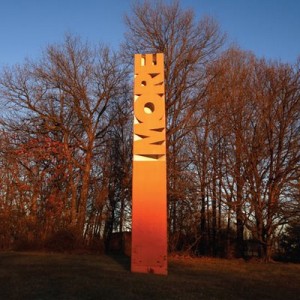 Double Dagger: More
Double Dagger: More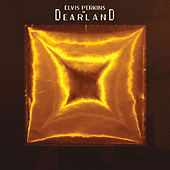 Elvis Perkins in Dearland: Elvis Perkins in Dearland
Elvis Perkins in Dearland: Elvis Perkins in Dearland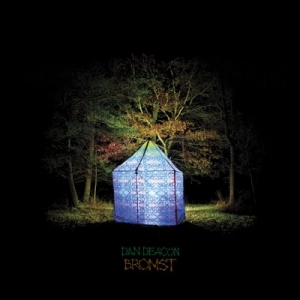 Dan Deacon: Bromst
Dan Deacon: Bromst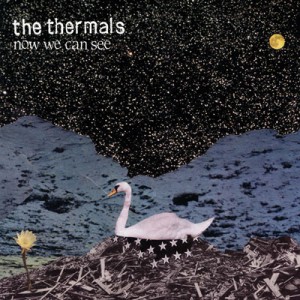 The Thermals: Now We Can See
The Thermals: Now We Can See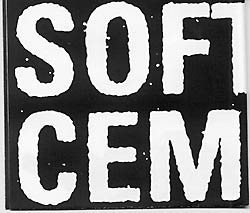 Soft Cement: Think About It EP
Soft Cement: Think About It EP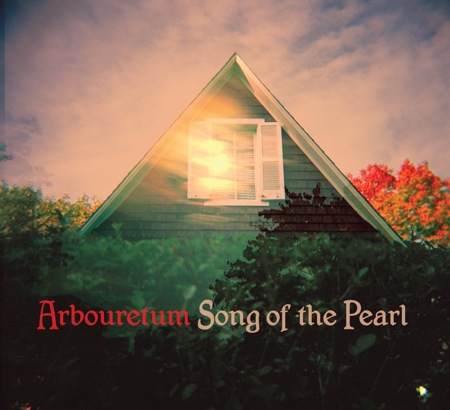 Arbouretum: Song of the Pearl
Arbouretum: Song of the Pearl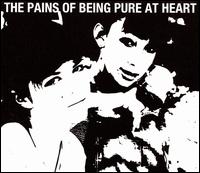 The Pains of Being Pure at Heart: The Pains of Being Pure at Heart
The Pains of Being Pure at Heart: The Pains of Being Pure at Heart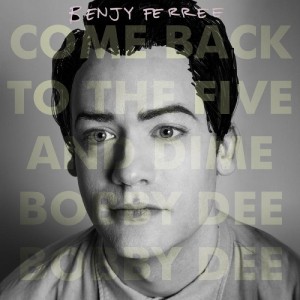 Benjy Ferree: Come Back to the Five and Dime, Bobby Dee Bobby Dee
Benjy Ferree: Come Back to the Five and Dime, Bobby Dee Bobby Dee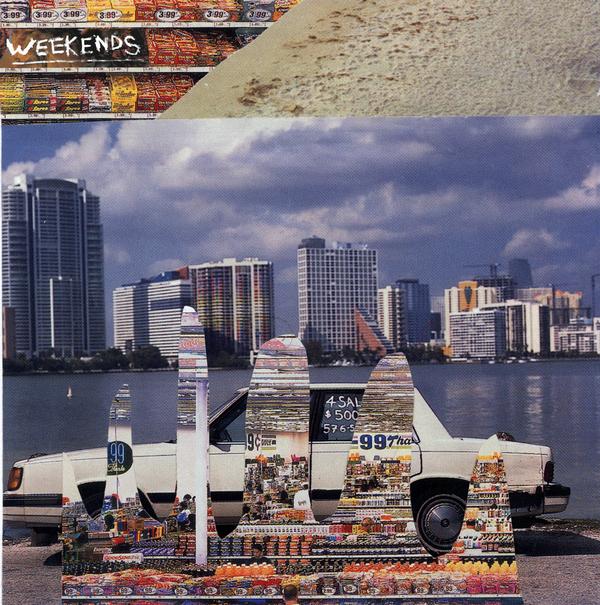 Weekends: Weekends
Weekends: Weekends Height With Friends: Baltimore Highlands 12" LP, Limited-Run Vinyl Only
Height With Friends: Baltimore Highlands 12" LP, Limited-Run Vinyl Only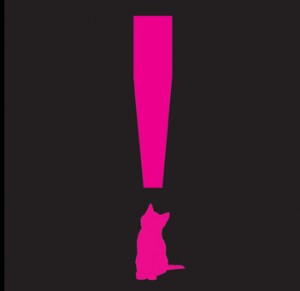 Caverns: Kittens! EP
Caverns: Kittens! EP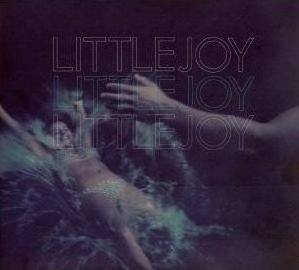 Little Joy: Little Joy
Little Joy: Little Joy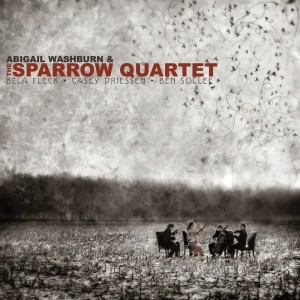 Abigail Washburn & the Sparrow Quartet:Abigail Washburn & the Sparrow Quartet
Abigail Washburn & the Sparrow Quartet:Abigail Washburn & the Sparrow Quartet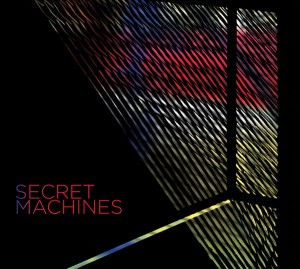 The Secret Machines: Secret Machines
The Secret Machines: Secret Machines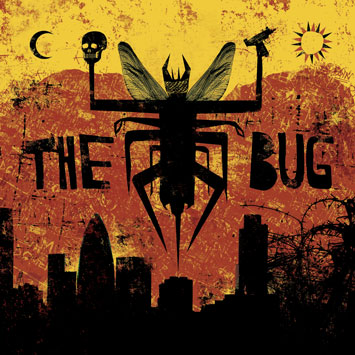 The Bug: LondonZoo
The Bug: LondonZoo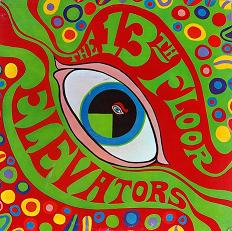 13th Floor Elevators: Psychedelic Sounds of the 13th Floor Elevators (Vinyl Mono LP only)
13th Floor Elevators: Psychedelic Sounds of the 13th Floor Elevators (Vinyl Mono LP only)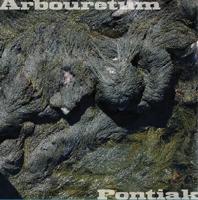 Arbouretum/Pontiak: Kale (Vinyl LP only)
Arbouretum/Pontiak: Kale (Vinyl LP only) Small Sur: We Live in Houses Made of Wood
Small Sur: We Live in Houses Made of Wood AbeVigoda: Skeleton
AbeVigoda: Skeleton ImperialChina: Methods: EP
ImperialChina: Methods: EP
Nice interview! I can totally relate to their uncertainty about what “scene” they fit into or what their style of music is. I like to pigeon-hole bands into genres/styles and Lo Moda is one of the few local bands who I just can’t figure out. Whatever it is, they definitely bring a unique sound to the table.